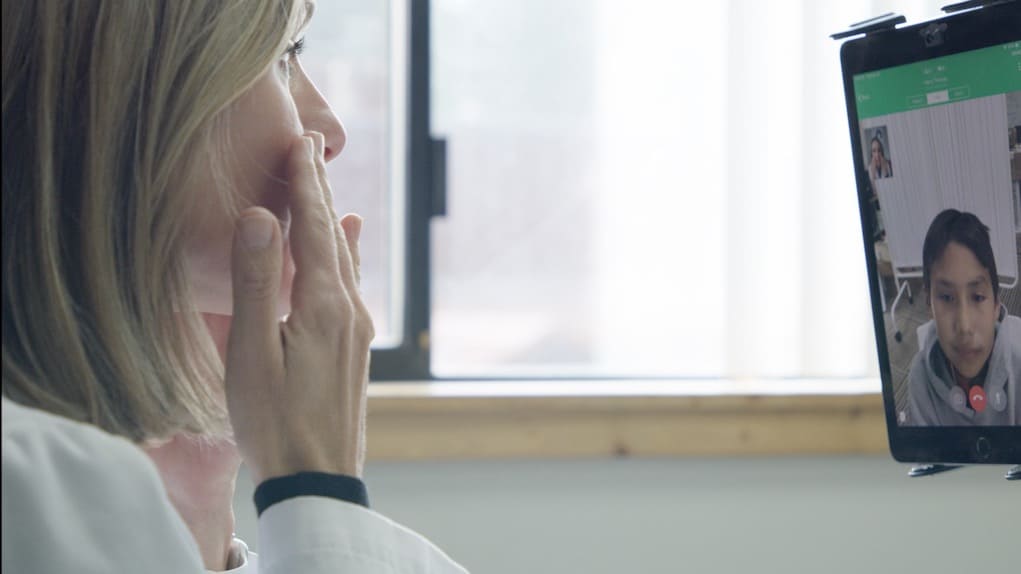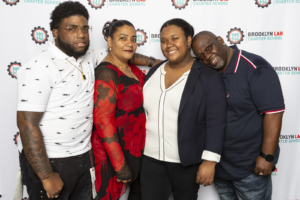Improving Access to Healthcare at School to Reduce Absenteeism

As a first-generation college student, Josh Golomb was planning on medical school. After college, he ran an AmeriCorp sponsored program at a medical school for high schools students.
His grandmother, who came from Mexico, raised nine children. She instilled an ethic of service in the family.
In 2004, Josh co-founded a business focused on kidney disease and gained experience with building a patient-centric model.
In 2013, he took over leadership of home care provider Paladina Health, another opportunity to improve access to care through a patient-centric approach. One challenge was helping seniors change 40 or 50 years of bad health habits. Josh wanted to start earlier in life.
Two years ago, Golomb connected with software veteran Nick Woods who had formed Hazel Health around the audacious idea of connecting K-12 students with health care.
Hazel Health partners with school districts to build a virtual clinic at school. It works best with an onsite nurse who can check student vital signs and, with parent permission, conduct a video chat with a doctor.
If students, don’t feel well, they come to office, talk to the nurse or office assistant, and, if necessary, video chat with a doctor. In about 85% of cases, students go back to class with a solution.
The problem Hazel is attacking is chronic absenteeism–seven million students are absent more than 10% of the time–and often for health issues.
Hazel charges the school a fee for the service. It may be philanthropically supported. Better attendance could result in more revenue for the school.
The startup is serving more than 10,000 students in 12 partner school districts. They have raised some VC and are seeking additional school partners.
Golomb said the company will investigate other telemedicine services including mental health and behavioral health.
“We love our school nurse partners, said Golomb, and we’re excited about helping more kids.”
Key Takeaways from the Podcast:
[1:01] When did Josh’s interest in biology begin?
[2:33] Where Josh’s passion for making a difference came from.
[3:35] What spurred Josh’s interest in kidney disease, ultimately leading him to co-found DaVita?
[5:11] What sparked Josh’s interest in taking over a home healthcare provider (Paladina Health)?
[7:04] How Hazel Health came about.
[8:53] How the Hazel Health model works.
[12:10] Why Hazel Health is a school-paid model opposed to an insurance-model.
[13:03] How attendance and healthcare access are tied together.
[15:30] About Hazel Health’s partners.
[15:45] As a private company, does Hazel Health have plans to raise money?
[16:06] Hazel Health’s top priorities in the coming years.
[17:31] The importance of technology, school partnerships, and school nurses in helping Hazel Health accomplish their mission.
[18:45] Many thanks to Josh for joining Tom this episode!
Mentioned in this Episode:
For more, see:
- High-Quality PBL Meets Mental Health
- AI is Improving Healthcare… But Will Benefits Be Widely Shared?
- Telehealth: The Next-Generation of Therapy
Stay in-the-know with innovations in learning by signing up for the weekly Smart Update.








0 Comments
Leave a Comment
Your email address will not be published. All fields are required.